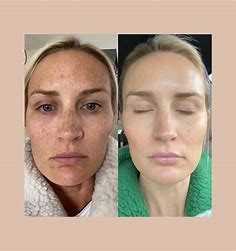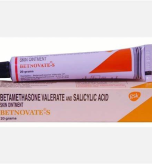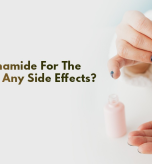Pigmentation – including dark spots, melasma, and uneven skin tone – is a common skin concern caused by sun damage, hormonal changes, acne scars, or aging. Whether you’re looking for natural remedies or medically-proven treatments, there are safe, effective options available.

🌿 Natural Remedies for Pigmentation
These at-home remedies can help reduce pigmentation over time with consistent use.
1. Aloe Vera Gel
Why it works: Contains aloin, a natural depigmenting agent.
How to use: Apply pure aloe vera gel directly to dark spots before bedtime.
Tip: Choose fresh aloe from a plant or pure, cold-pressed versions.

2. Turmeric & Honey Mask
Why it works: Turmeric has curcumin, which inhibits melanin production.
How to use: Mix 1 tsp turmeric with 1 tbsp honey; apply for 10–15 minutes.
Warning: May temporarily stain skin or fabrics.
3. Green Tea Extract
Why it works: Has antioxidant and skin-lightening properties.
How to use: Dab cooled green tea on dark spots using a cotton pad.
4. Lemon Juice (Use With Caution)
Why it works: Natural vitamin C content helps lighten pigmentation.
How to use: Mix with honey and apply for 10 minutes.
Note: Avoid if you have sensitive skin. Always rinse before sun exposure.
5. Apple Cider Vinegar
Why it works: Contains acetic acid, which may help lighten pigmentation.
How to use: Mix 1:1 with water, dab on spots for 2–3 minutes, then rinse.
🧴 Medical Treatments for Pigmentation
For faster, more dramatic results, dermatologists recommend scientifically-proven methods:
1. Topical Treatments
Tretinoin Cream – Stimulates cell turnover to fade dark spots.
👉 Buy from Tretino.comHydroquinone – Skin-lightening agent, often prescribed for melasma.
Azelaic Acid – Reduces melanin and inflammation.
Kojic Acid & Arbutin – Safe for long-term use in skin brightening.
Internal Link: Explore Tretino.com’s pigmentation care products
2. Chemical Peels
Types: Glycolic acid, salicylic acid, lactic acid peels.
How it works: Exfoliates dead skin and boosts skin renewal.
Best For: Sunspots, acne scars, melasma.
3. Laser Treatments
Types: Q-switched lasers, fractional lasers.
Pros: Target pigmentation deep in the skin layers.
Cons: Higher cost and may require downtime.
4. Microneedling with PRP
Stimulates collagen and helps fade deep pigmentation and scars.
5. Prescription Medications
Oral Tranexamic Acid – Often prescribed for melasma.
Must be taken under strict dermatological supervision.
🔒 Tips to Prevent Pigmentation
Apply SPF 30+ Daily – The most important step.
Avoid Picking Pimples – Prevents post-inflammatory hyperpigmentation.
Use Hats or Sunglasses – Especially if you’ve had treatments.
Internal Link: How Tretinoin Helps Prevent Pigmentation
🧠 Final Thoughts
Pigmentation can be persistent, but with the right combination of natural care and medical treatment, it can significantly fade over time. While natural remedies offer slow but gentle results, topicals like tretinoin and chemical peels offer faster, visible improvement – especially when combined with sun protection.



